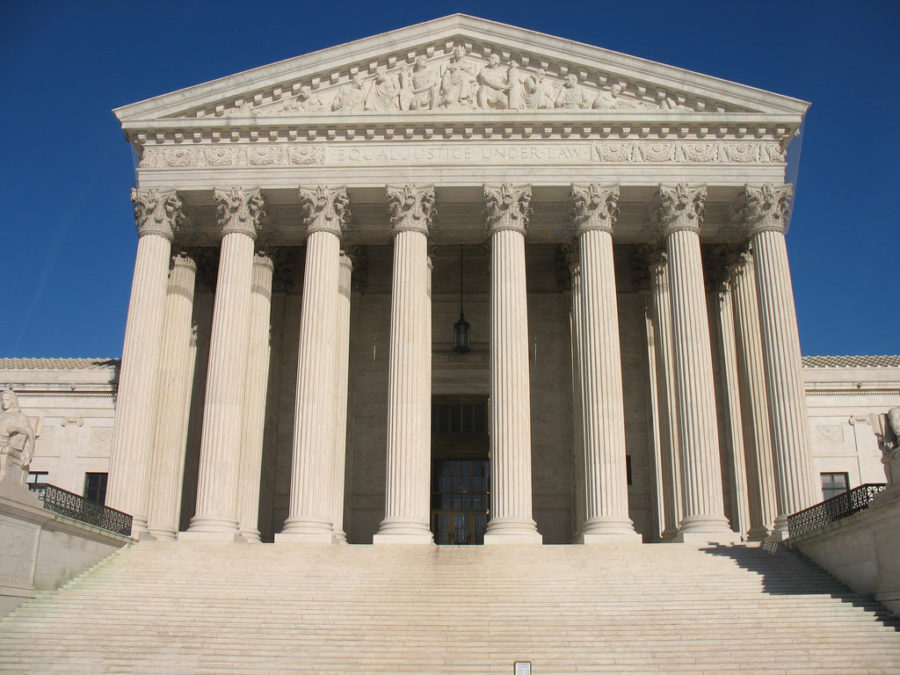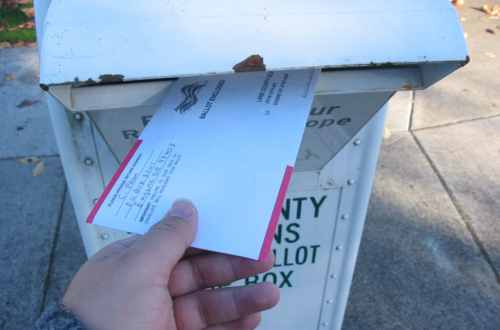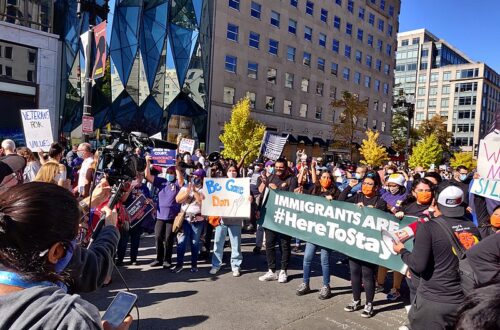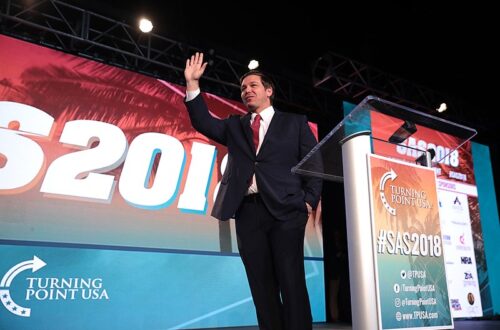The Supreme Court granted a writ of certiorari on January 11 to a citizen of the United Arab Emirates who was charged with violating a federal firearms law in Florida. The justices will hear Rehaif v. United States on April 23.
The defendant, Hamid Rehaif, overstayed his student visa after ceasing to attend the Florida Institute of Technology in Melbourne. Rehaif had been staying in a hotel room for 50 days when law enforcement was tipped off to his suspicious behavior by the hotel’s manager.
Local police performed a preliminary investigation into Rehaif before calling the U.S. Department of Homeland Security who dispatched ICE and FBI agents to question the United Arab Emirates citizen.
Rehaif admitted to renting a gun at a shooting range, by using a Florida hunting license to satisfy the site’s proof of residency requirements, and to purchasing ammunition that was later found in his hotel room.
Prosecutors argued that this use of a firearm was a violation of 18 U.S.C. § 922 (g)(5)(a) that states anyone who is “illegally or unlawfully in the United States” cannot possess a firearm.
The penalty for violating that law is found in 18 U.S.C. § 924(a)(2) which states “whoever knowingly violates subsection…(g)… of section 922 shall be fined as provided in this title, imprisoned not more than 10 years, or both”
The issue in this case hinges on the word knowingly. Rehaif was originally convicted and sentenced, but appealed based on the argument that prosecutors did not prove that he knew he was in the country illegally.
The question the Supreme Court must decide is whether a person must solely possess the firearm knowingly, or also know that one’s presence in the country is unlawful.
The United States Court of Appeals for the 11th circuit pointed out that the strongest argument for Rehaif is contained in current Supreme Court Justice Neil Gorsuch’s opinion in United States v. Games-Perez, written while he was a judge for the 10th circuit.
In this case, Gorsuch cited Flores-Figueroa v. United States, which holds that the word “knowingly” should be applied to each element of the crime.
Gorsuch used this opinion in his argument that the government must prove that a felon knew he was a felon in order for him to be guilty of possessing a firearm as a felon.
Timeline
Dec. 8, 2015 – Rehaif is questioned by the FBI
April 1, 2016 – A grand jury indicts Rehaif
August 17, 2017 – 11th Circuit ruling affirms the conviction
June 21, 2018 – Case is appealed to the Supreme Court
Jan. 11, 2019 – The Supreme Court agrees to hear the case
April 23, 2019 – Rehaif v. United States will be argued
Rehaif petitioned the Supreme Court to proceed in forma pauperis. That petition was granted, meaning that he will not have to pay the legal fees accompanying his appeal.
After oral arguments, the decision will be announced on an unknown date before the end of this session, which typically occurs in late June or early July.
(Unmodified Creative Commons photo by Kjetil Ree. http://bit.ly/1jxQJMa)





